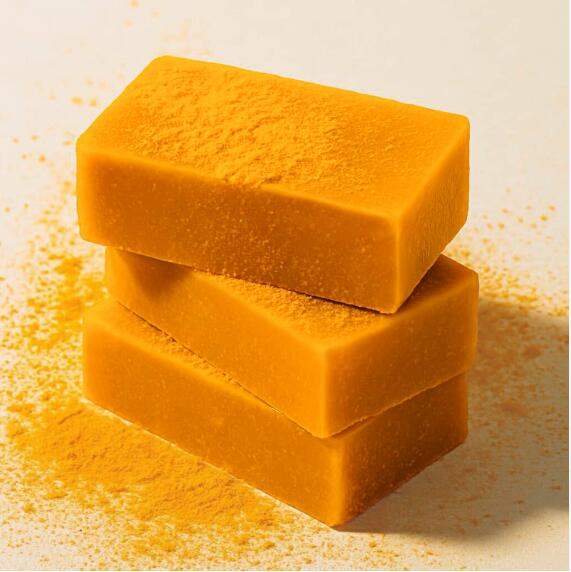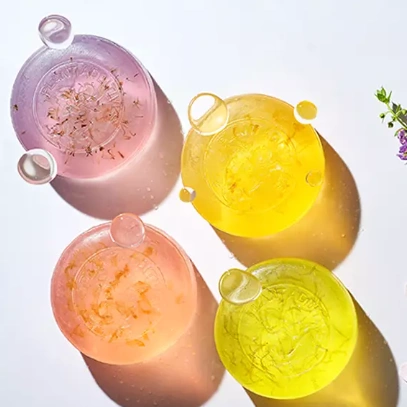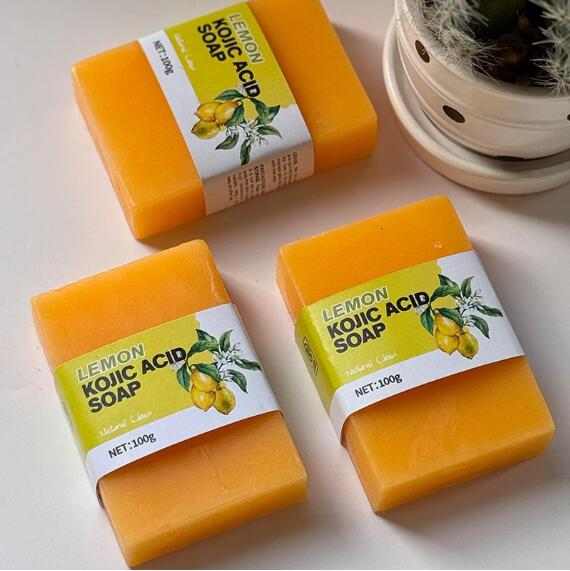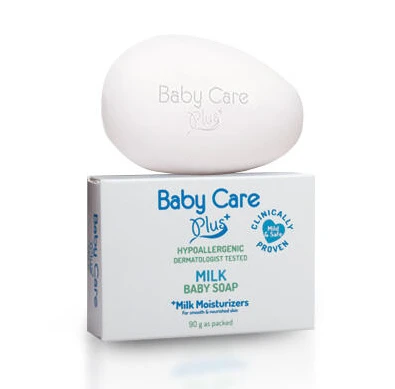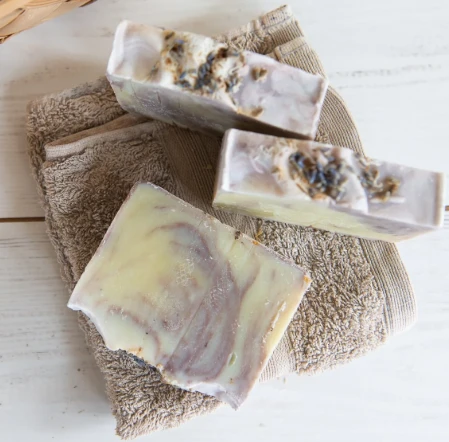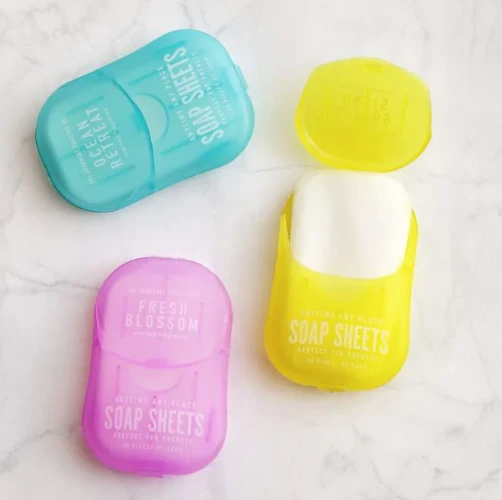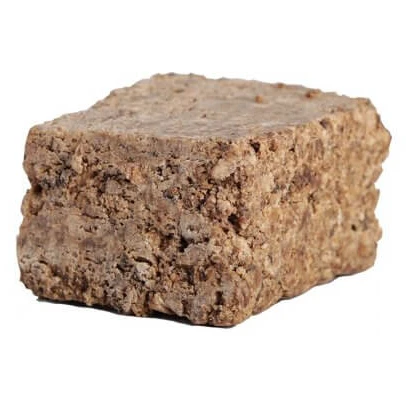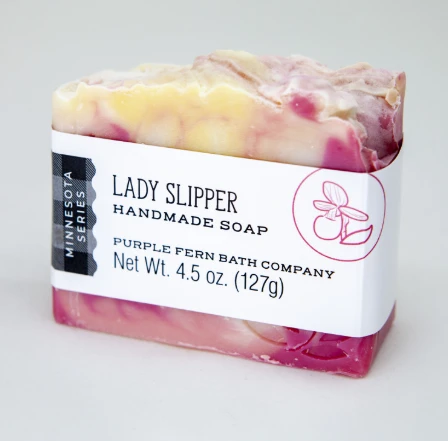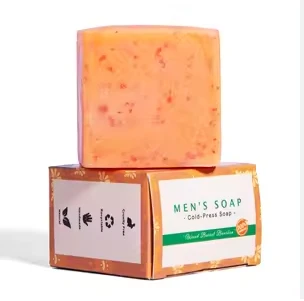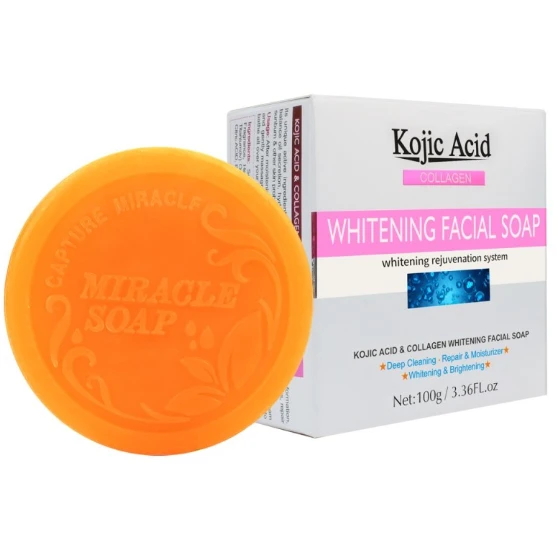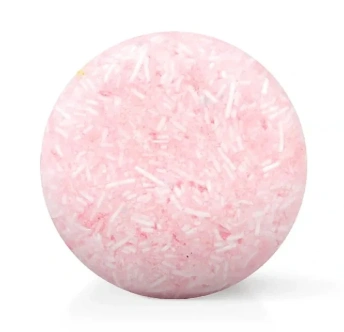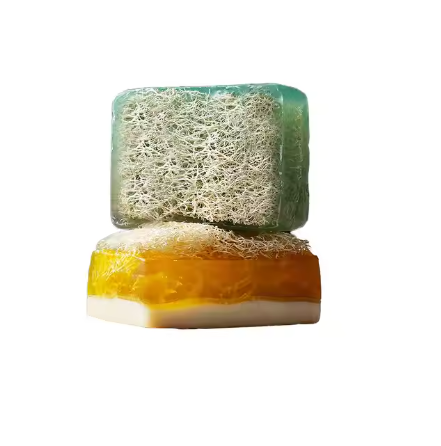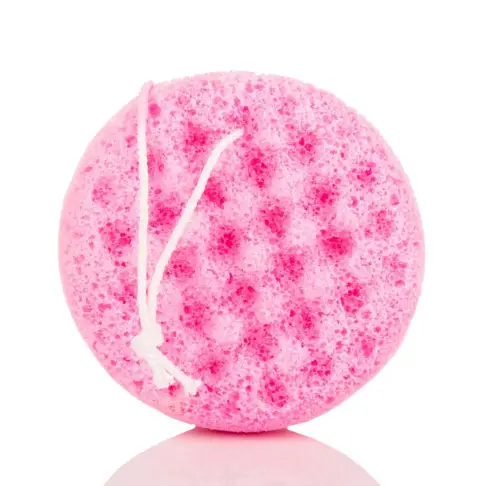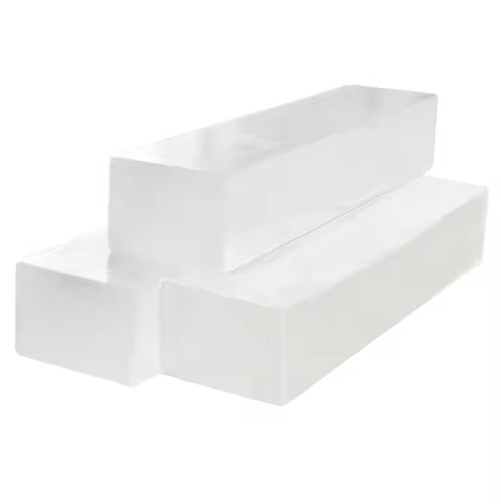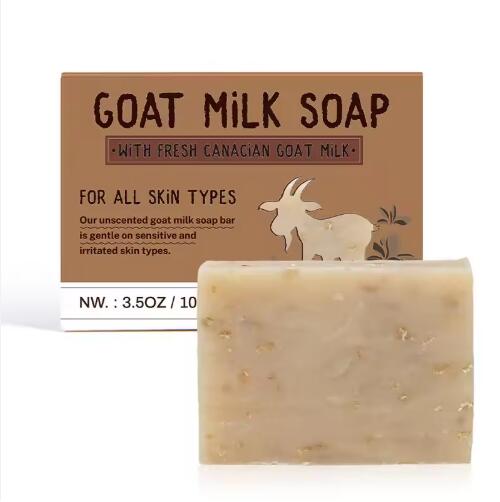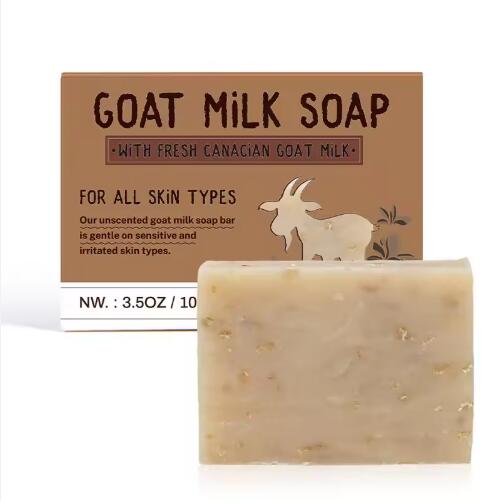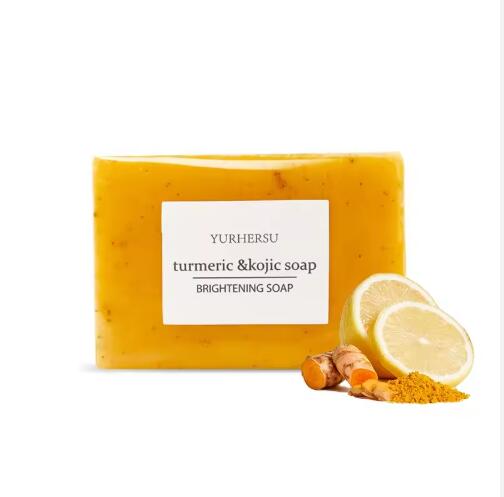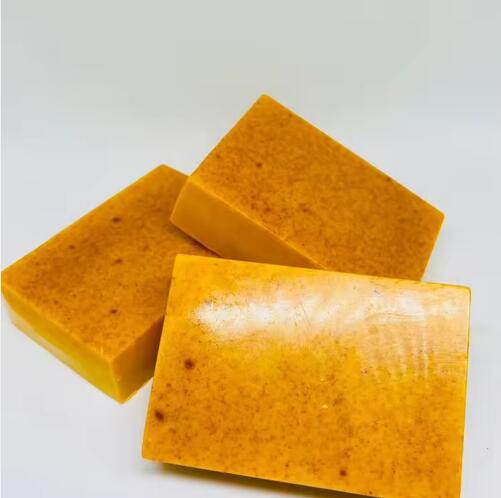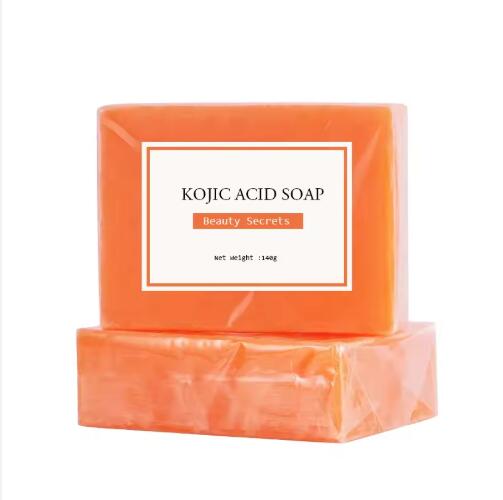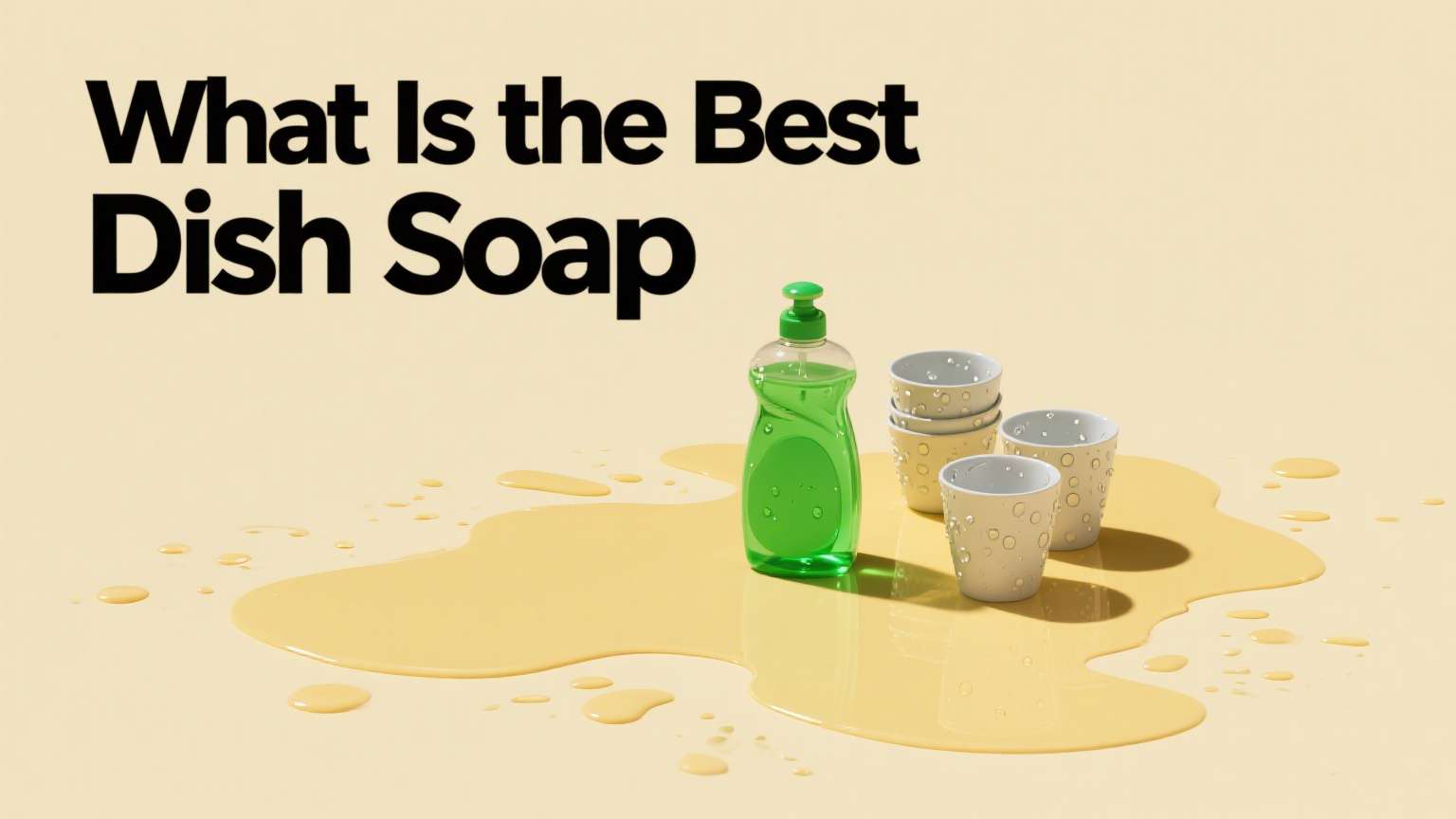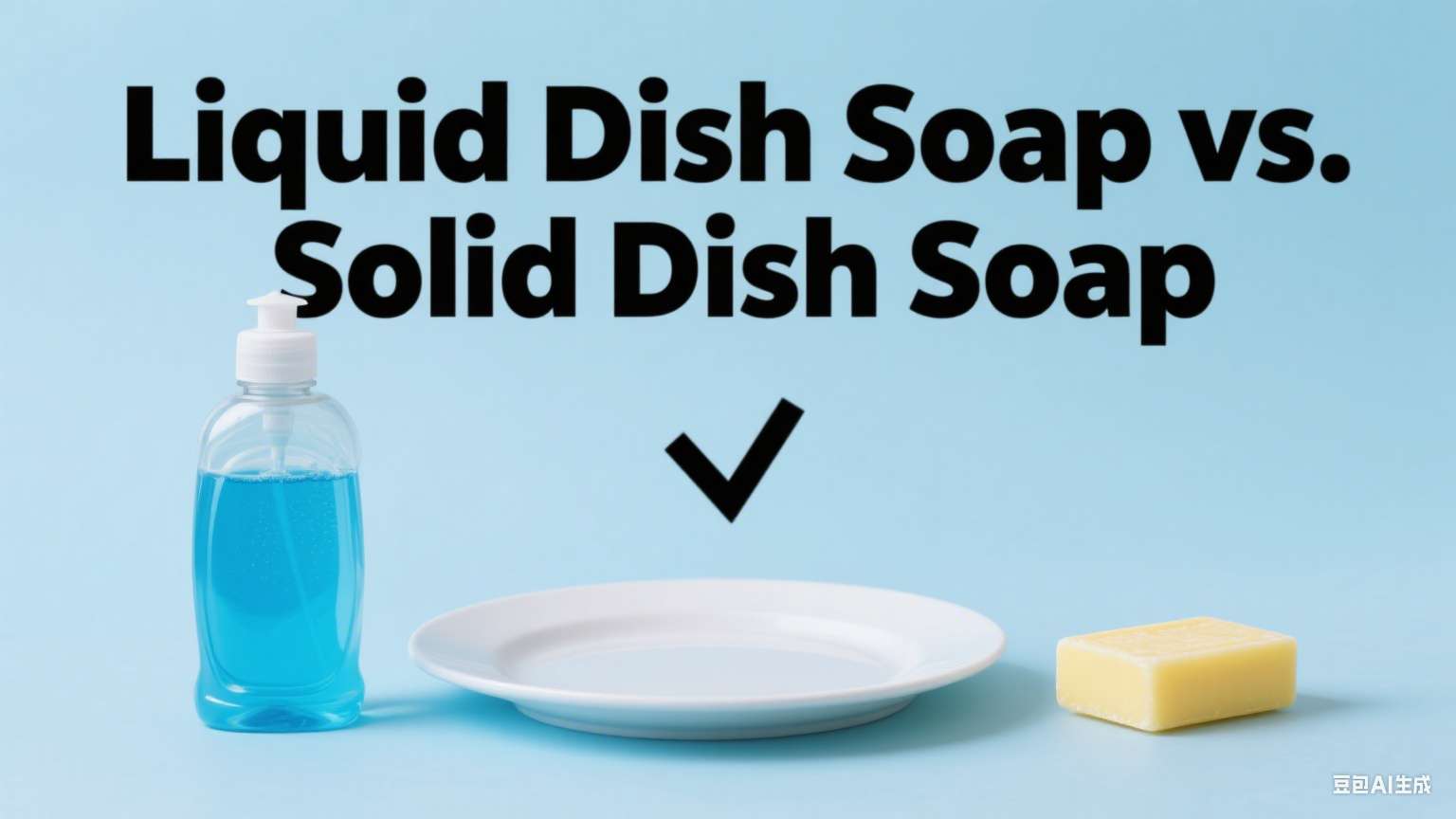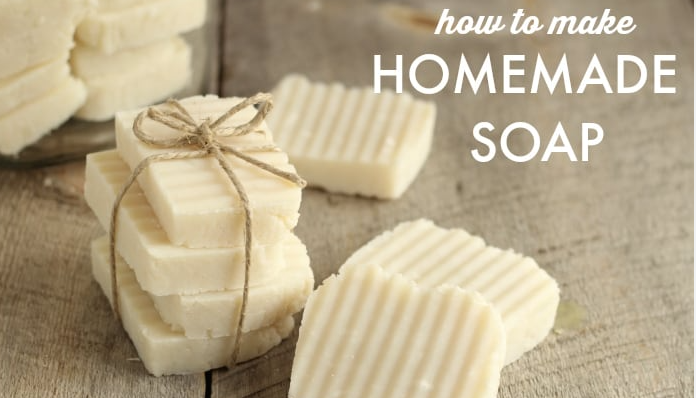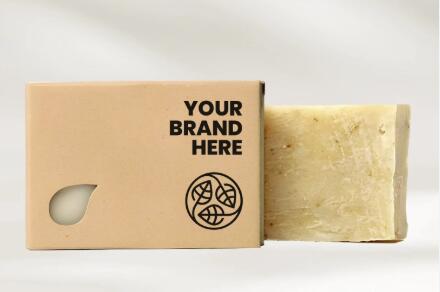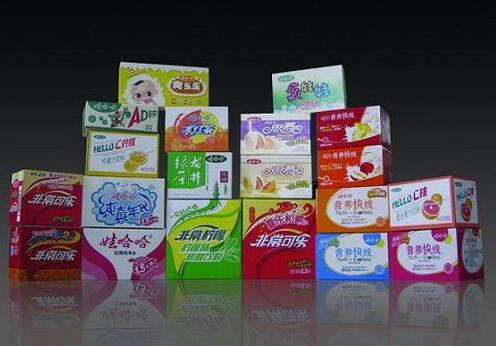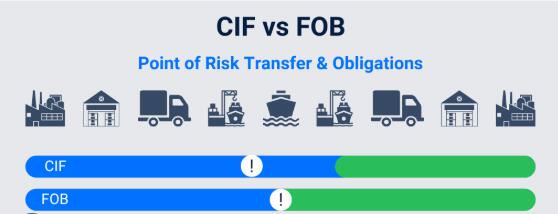What Is the Best Dish Soap? A Complete Guide to Choosing the Right Dishwashing Solution
Dish soap is very important for keeping your kitchen clean and your dishes shiny. But how do you know which one is really the greatest when there are so many to choose from? We explain what makes a dish soap unique, how to pick one that works for you, and why your choice is important for your health, your budget, and the environment.
Why Choosing the Right Dish Soap Matters
Concerns about health and skin safety
Some dish soaps have strong ingredients that might irritate skin, dry it out, or even trigger allergic responses. If you wash dishes every day, this can be a big problem, especially for families with kids or those with sensitive skin.
How dishwashing products affect the environment
Conventional dish soaps frequently have synthetic scents and substances that don't break down in water, which pollutes the water. Using eco-friendly, plant-based formulas in a better dish soap helps you leave a less environmental footprint.
Cleaning Performance and Efficiency
Some dish soaps are better at cutting grease, making bubbles, and rinsing than others. A soap that works well can save you time, energy, and water.
What Makes a Dish Soap the "Best"?
Cleaning Strength
You shouldn't have to scrub too hard to get rid of thick oil and stuck-on food with a good dish soap. Look for concentrated solutions that have natural surfactants that break down fats well.
Soft on Hands
If you wash dishes by hand a lot, look for substances like aloe vera, coconut oil, or glycerin that are mild and hydrating.
Being good for the environment
Dish soaps that are the greatest for the environment are biodegradable, cruelty-free, and come in packaging that can be recycled or is minimal. Plant-based components are better for the environment.
Odor and Residue
A nice smell is a benefit, however some people have problems with synthetic scents. The best dish soaps wash off completely and don't leave a film or smell.
Value for Money
More concentration usually indicates better value. Don't be fooled by low initial expenses; inexpensive soaps may need more product per wash.
Top Ingredients to Look for (And Avoid) in Dish Soap
Ingredients that are safe and natural
- Surfactants made from coconut
- Essential oils, such as lemon or tea tree
- Glycerin from plants
- Aloe vera
Things You Shouldn't Eat
- Sodium Lauryl Sulfate (SLS)
- Parabens
- Dyes and scents made in a lab
- Triclosan (an antimicrobial that has been related to resistance and problems with hormones)
Do you need antibacterial additives?
Not all the time. Most dish soaps work well when you scrub them with warm water. Unneeded antibacterial chemicals can hurt good bacteria and make antibiotics less effective.
Best Dish Soap by Category
The best natural dish soap is gentle and safe for kids.
Look for solutions that don't have any synthetic compounds and have substances that break down in the environment. Great for homes that care about the environment.
The Best Dish Soap for Baby Bottles
Pick a formula that is tough on milk residue yet safe for babies. It should also be fragrance-free, food-safe, and hypoallergenic.
The best dish soap for greasy dishes
Look for high-degreasing solutions that contain citrus extracts or coconut surfactants. These will easily get rid of oil and dirt.
The Best Dish Soap for the Money
Some choices are cheap and work well for cleaning. Use concentrated products that don't have any fillers.
The best dish soap for those with sensitive skin
People who are prone to eczema or dermatitis should use products that are hypoallergenic and have been tested by dermatologists.
Liquid Dish Soap vs. Solid Dish Soap – Which One Is Better?
Pros and Cons
- Liquid Soap: Convenient, often more powerful, but may use more plastic packaging.
- Solid Soap: Long-lasting, zero waste, travel-friendly, but may require a soap dish and longer rinse time.
Solid Soap: The Rising Eco-Friendly Trend
People are moving toward solid soaps to cut down on plastic waste and their carbon footprint. Poleview's solid dish soaps are an excellent example of cleaning products that work well and are good for the environment.
Which One Should You Choose?
If you want to cut down on plastic consumption or get something that lasts longer, go solid. A concentrated liquid might be best for heavy-duty or business application.
How to Choose the Best Dish Soap for Your Needs
For families with children
Put safety first and look for ingredients that are safe to eat and not poisonous. No dyes or scents that are made in a lab.
For people who care about the environment
Choose options that are biodegradable, made from plants, and don't contain plastic. bar soaps or refillable soaps are best.
For restaurants or kitchens that serve food
Look for bulk choices that have strong degreasing agents that are safe to use often.
For Users Who Are Sensitive or Have Allergies
The finest choices are those that are hypoallergenic, tested by a dermatologist, and free of scents.
Questions and Answers
1. Can you use dish soap on fruits and vegetables?
Some dish soaps are not safe for eating. Only utilize things that are clearly marked for this purpose.
2. Is it okay to use dish soap in a dishwasher?
No. Dish soap makes bubbles and can hurt your dishwasher. Only use detergents made for dishwashers.
3. What makes antibacterial dish soap different from conventional dish soap?
Chemicals in antibacterial soaps kill bacteria. Regular dish soap cleans by getting rid of dirt and grime. You have to scrub and rinse with it.
4. Does dish soap go bad or expire?
Yes, it might not work as well after a while. Check the expiration dates and keep them in a cool, dry locati0n.
5. Can dish soap make your skin itchy or induce eczema?
Yes, especially if it has strong surfactants like SLS. Pick products that are mild and hydrating.

